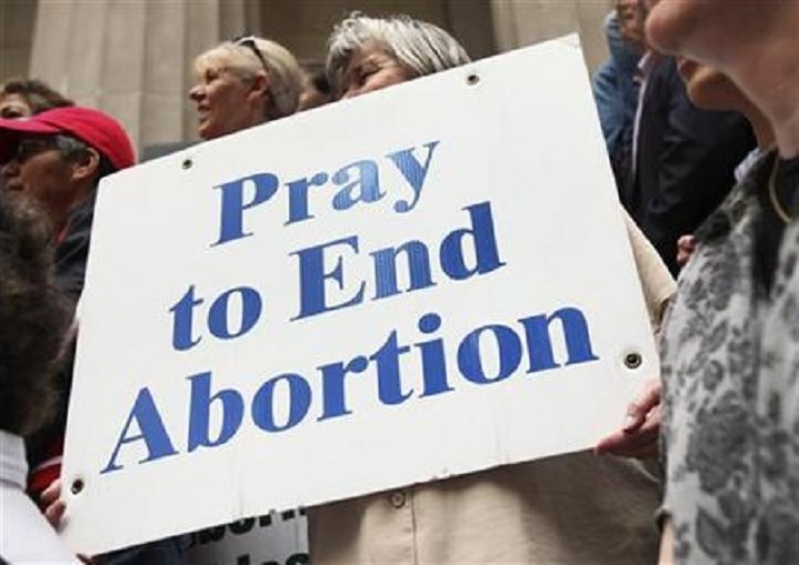
A bill that bans abortion once a fetal heartbeat is detected was introduced by Congressman Steve King (R, Iowa) on Jan. 12.
The Heartbeat Protection Act of 2017, or H.R. 490, requires physicians to check for the fetal heartbeat before performing the abortion. When the heartbeat is present, they are not permitted to push through with the procedure, except in cases when the pregnancy endangers the mother’s life.
A fetal heartbeat can be detected as early as 21 days of gestation. If the bill is approved, it would drastically change laws regulating abortion in the U.S.
"America was founded on the concept that our rights come from God," King said in a statement. “All human persons have a right to life. How then could we confer that those rights allow the killing of a baby?”
“I believe our most important responsibility that God has bestowed upon us is to protect innocent human life, and I will continue to dedicate my life to that responsibility,” he added.
King also said that since Roe v. Wade, an estimated 60 million babies have died because of abortion, and this has been done “with a rubber stamp by the federal government.”
Life begins at conception, King said, and it is sacred no matter the stage of human development.
Bills that were similar to H.R. 490 had been introduced before, but this is the first time it was done on a national level.
In December, Ohio Gov. John Kasich vetoed the “Heartbeat Bill,” a provision that was inserted into a bill about reporting child abuse. Like the H.R. 490, the “Heartbeat Bill” also banned abortion upon detection of a fetal heartbeat.
Kasich, however, approved another bill that prohibited abortion from 20 weeks of gestation, which was also unconstitutional but had a better chance of not being struck down by the Supreme Court.
With the American Civil Liberties Union threatening a lawsuit if the “Heartbeat Bill” is approved, Kasich explained the state could lose millions of dollars in legal fees. The other bill gave them a greater chance of victory in court, he explained. His decision was made upon consultation with anti-abortion groups.
Janet Porter, president of pro-life organization Faith2Action, said King’s H.R. 490 would “forever shift the national debate from regulating abortion to ending it—for every child whose heartbeat can be heard.”
“Even the 8th Circuit Court of Appeals recognized that ‘the point at which an unborn child possesses a detectable heartbeat’ is a ‘more consistent and certain marker than viability’—where the court allows legal protection,” Porter said.
“It’s time we recognize the heartbeat—the universal indicator of life—across the board,” she added.






